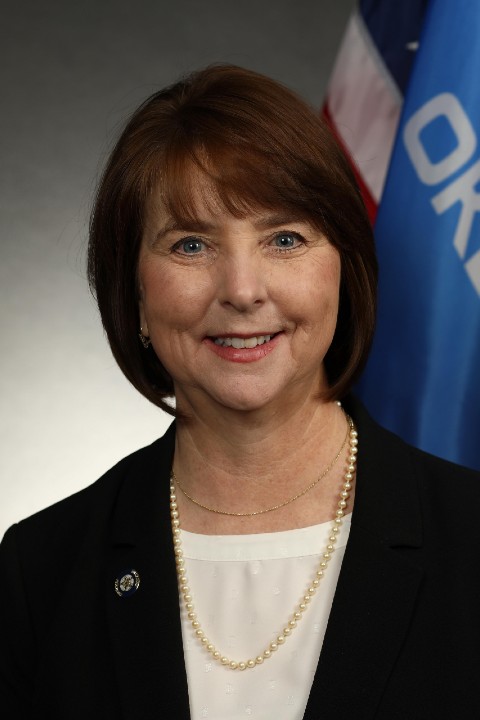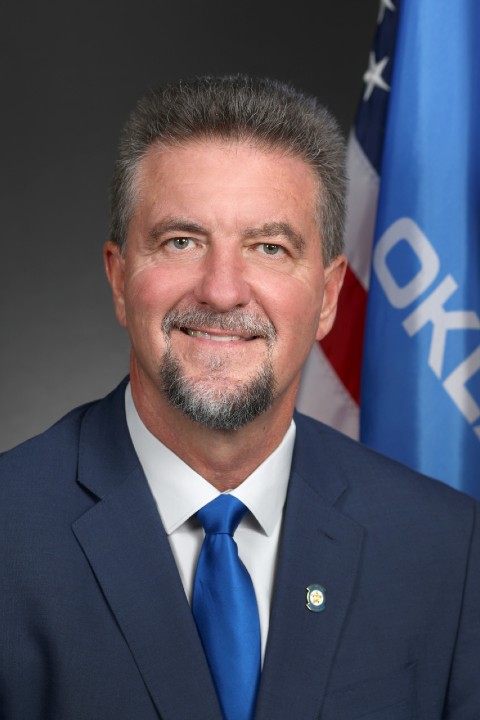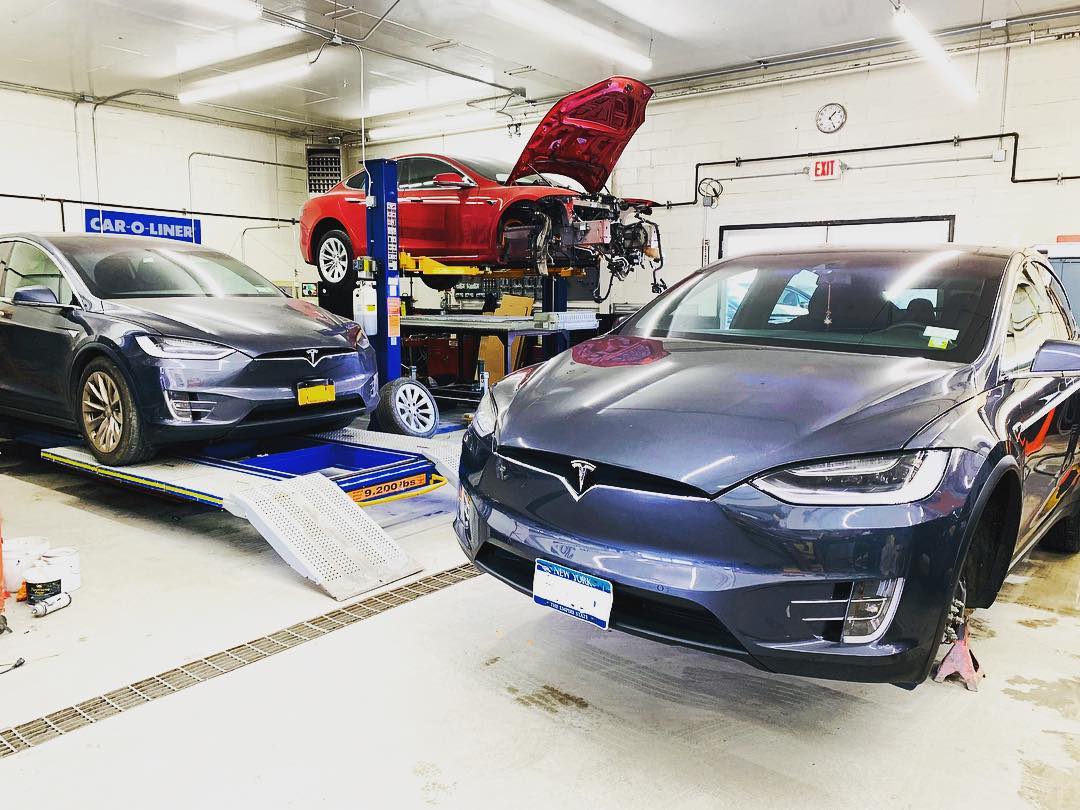
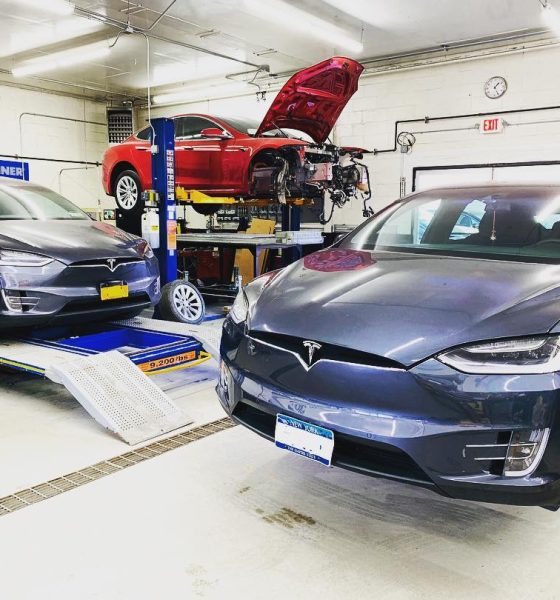
News
As OK’s anti-Tesla bill moves forward, its author believes a compromise is possible
The electric vehicle community in the United States took a collective gasp earlier this month when a proposed House Bill in Oklahoma unanimously passed a committee vote. The bill in question, HB 3994, aims to update and change parts of existing Oklahoma statutes related to the state’s auto industry. Now, this may sound harmless enough, but a look at the 70-page bill shows that companies like Tesla could lose out heavily if HB 3994 becomes law.
Tesla is already not allowed to directly sell its cars to consumers in Oklahoma, but HB 3994 could give the company even more headaches. What is particularly alarming with HB 3994’s language is the fact that it could be interpreted as a means to prevent automakers like Tesla from delivering and servicing vehicles in the state. This may result in Oklahoma-based Tesla owners being required to travel out of state just to have their vehicles serviced.
Tesla takes the bill very seriously, with the company urging owners on its Engage page to vote “No” to HB 3994. “If passed, this bill could force Tesla to close its existing locations in Oklahoma and prevent Tesla from shipping cars to anyone in the state, which would force locals to travel out-of-state to service their cars or pick up their new Tesla vehicles. Oklahoma should focus on increasing revenue and jobs in the state, not stifling competition and limiting consumer choice,” Tesla noted on its Engage page.
Oppositions and Risks
To state that Oklahoma-based Tesla owners are passionately trying to prevent HB 3994 from progressing further would be an understatement. Tesla owners are currently lobbying against the bill, with some even heading to the capitol last week to speak with the bill’s author, Representative Mike Dobrinski, who has an extensive background in the state’s auto sector. As per Dobrinski’s LinkedIn page, he was the Owner/Dealer of Dobrinski Chevrolet, Inc. until March 2017, and he was the Dealer/Owner of Dobrinski of Kingfisher, Inc., a Chevrolet-Buick-GMC dealership, until October 2018.
The Tesla owners’ talk with the Representative at the capitol last week was brief, according to information shared with Teslarati. Dobrinski highlighted the idea that HB 3994 is a way to protect Tesla owners in Oklahoma because if the EV maker refuses to cover its customers under warranty, then consumers will have no backup. Such a scenario seems unlikely, however.
It’s not just Tesla owners in the state who are against HB 3994. Oklahoma Senator Mary B. Boren, who drives a Tesla Model 3 herself, has openly criticized the bill. In a short conversation with Teslarati, Senator Boren noted that Oklahoma must let the product and the market decide if the state wants innovation to flourish. Initiatives such as HB 3994, which could result in automakers with no dealerships getting the short end of the stick, are counterproductive.
The Senator’s statements could very well ring true. Just recently, reports emerged that Tesla battery partner Panasonic has decided to acquire a factory site in the United States for the production of high-capacity lithium-ion batteries. Panasonic has reportedly shortlisted its preferred US locations to Oklahoma and Kansas. Senator Boren remarked that the presence of bills like HB 3994 could potentially discourage companies like Panasonic from investing in Oklahoma.
“If you have capitalistic laws being passed to protect a particular industry and their business model and to insulate them from the market demands that require them to adjust, then any innovative industry related to EVs will notice that — and they will notice that cronyism is at play. They will find friendlier environments,” Sen. Boren said.
Insights from HB 3994’s Author
The fact that HB 3994 unanimously passed a committee vote earlier this month shows that the bill is also seeing substantial support, despite its harsh repercussions on companies like Tesla and its local electric vehicle owners. When asked by Teslarati about the rationale behind the controversial bill, Rep. Dobrinski explained that HB 3994 is a request bill from the Oklahoma Auto Dealer Association.
“A request bill from the Oklahoma Auto Dealer Association, it seeks to strengthen the position of franchised dealers from the ever-increasing demands and requirements of their legacy manufacturers. Doing so requires addressing Direct Shippers, including Tesla, that are not currently regulated by the Oklahoma Motor Vehicle Commission like franchised dealers are. Proper legislation and regulation will ensure that existing service facilities may remain open and consumers will have additional protections,” Dobrinski noted.
Interestingly enough, the Representative admitted that while HB 3994 includes provisions that may be used to force Tesla into closing its service centers in the state, he does not expect that part of the bill to make it to HB 3994’s final iteration. “I do not expect that provision to be included in the (bill’s) final language,” Dobrinski later stated.
The Representative deserves praise for his honesty with HB 3994, though one may wonder why the controversial bill’s most heavy-handed provisions were included in the first place. When confronted by Tesla owners online, Dobrinski has maintained that HB 3994 is far from finished, but it has already opened the doors for communication among automotive businesses in the state.
“This bill, as introduced, is far from the finished product. It is forcing engagement from franchise auto dealers, legacy manufacturers, and new EV manufacturers, including Tesla. These folks are all talking now for the first time ever to work on a plan of regulation going forward that ensures competition and improves customer satisfaction under the purview of the Oklahoma Motor Vehicle Commission,” Dobrinski wrote.
A Price for Compromise?
Considering the statements of HB 3994’s author, it appears that the bill could partly be seen as a way to achieve a compromise of sorts between companies like Tesla, electric vehicle owners, and the state’s franchised auto dealerships. However, existing Tesla owners in Oklahoma fear that if HB 3994 passes into law, it could adversely affect not only their ownership experience but also their daily lives.
Cristen Winter Huber, a Tesla owner and a foster mother, is one of them. Being a foster mother, Huber is unable to take her foster children outside Oklahoma without a judge’s permission. According to Huber, the harsher portions of HB 3994 could effectively disrupt her family dynamic, and it might motivate her to leave the state.
“It’s not feasible for my family to drive out of state frequently. I’m a parent and foster parent. I have to get approval from a judge to take my foster child out of state. If I have to leave the state to service my car, I might as well move to a state that welcomes growth and innovation,” Huber said.
Jochen Hoppert, the President of the Tesla Owners Club of Oklahoma, noted that HB 3994 is not only a step in the wrong direction — it can have repercussions far beyond Tesla. The Tesla Club President also stated that so far, the EV maker’s service centers in Oklahoma City and Tulsa are proving that Tesla is serious about supporting its customers.
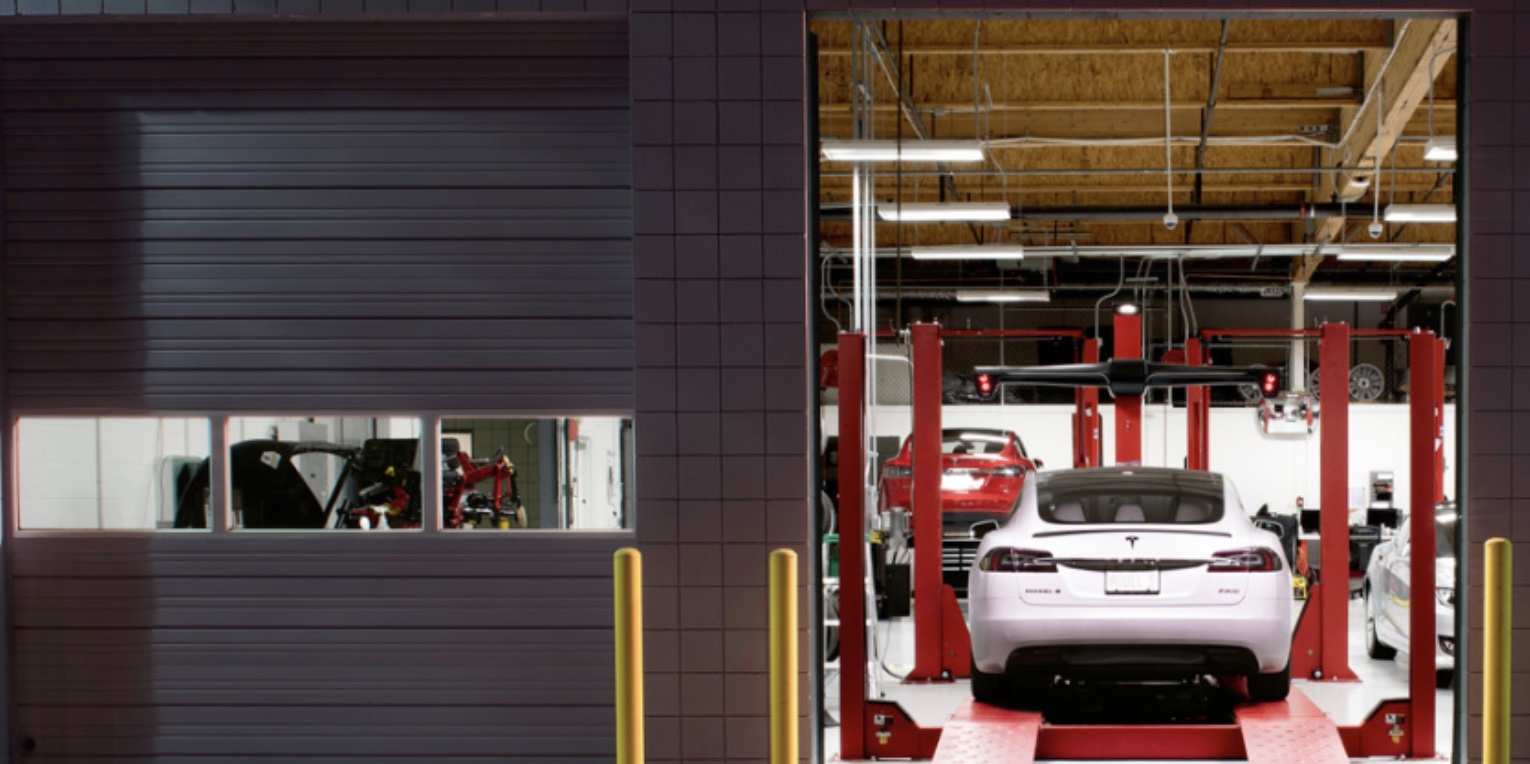
“Tesla is still not permitted to sell or deliver vehicles from those locations. We hope that will change in the future, yet this anti-competitive bill is clearly a step in the opposite direction. It’s worth noting that this move would not only negatively affect Tesla and the local Tesla community but other up-and-coming electric vehicle manufacturers wishing to do business in the state.
“Rep. Mike Dobrinski, the creator of this bill… has shared his perspective, which includes the notion that this bill would provide benefit to the consumer by allowing the state to manage the presence of warranty, service, and other such things for the consumer as required features of the electric vehicle marketplace. The Tesla service centers in Oklahoma City and Tulsa already demonstrate Tesla’s desire to provide its customers with such services,” Hoppert said.
Following its unanimous committee approval, House Bill 3994 has now advanced to the House Floor. But before the bill could become a law, the Oklahoma Governor would have to approve it first. With this in mind, Tesla owners and electric vehicle advocates still have some time to fight against the bill, or at least lobby for significant changes. Rep. Mike Dobrinski himself has been consistent with the idea that HB 3994 is still open for edits, so it may be a good idea for Tesla owners in the state to push their efforts even more from this point forward.
Those interested in speaking up and supporting Tesla’s efforts against Oklahoma’s HB 3994 could click here.
A copy of Oklahoma HB 3994 could be viewed below.
Hb3994 Int by Simon Alvarez on Scribd
Don’t hesitate to contact us with news tips. Just send a message to simon@teslarati.com to give us a heads up.

Elon Musk
Elon Musk’s net worth is nearing $800 billion, and it’s no small part due to xAI
A newly confirmed $20 billion xAI funding round valued the business at $250 billion, adding an estimated $62 billion to Musk’s fortune.
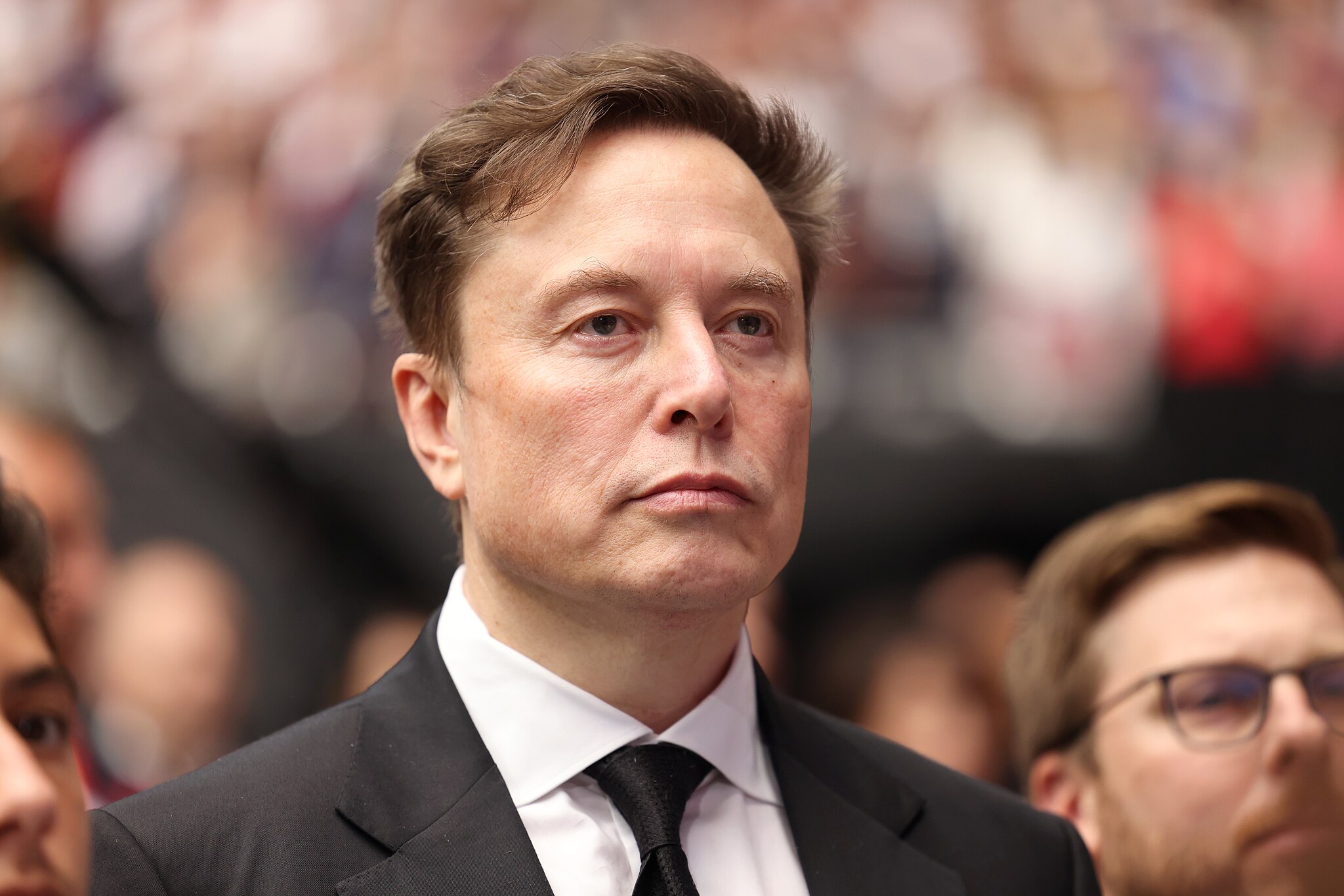
Elon Musk moved within reach of an unprecedented $800 billion net worth after private investors sharply increased the valuation of xAI Holdings, his artificial intelligence and social media company.
A newly confirmed $20 billion funding round valued the business at $250 billion, adding an estimated $62 billion to Musk’s fortune and widening his lead as the world’s wealthiest individual.
xAI’s valuation jump
Forbes confirmed that xAI Holdings was valued at $250 billion following its $20 billion funding round. That’s more than double the $113 billion valuation Musk cited when he merged his AI startup xAI with social media platform X last year. Musk owned roughly 49% of the combined company, which Forbes estimated was worth about $122 billion after the deal closed.
xAI’s recent valuation increase pushed Musk’s total net worth to approximately $780 billion, as per Forbes’ Real-Time Billionaires List. The jump represented one of the single largest wealth gains ever recorded in a private funding round.
Interestingly enough, xAI’s funding round also boosted the AI startup’s other billionaire investors. Saudi investor Prince Alwaleed Bin Talal Alsaud held an estimated 1.6% stake in xAI worth about $4 billion, so the recent funding round boosted his net worth to $19.4 billion. Twitter co-founder Jack Dorsey and Oracle co-founder Larry Ellison each owned roughly 0.8% stakes that are now valued at about $2.1 billion, increasing their net worths to $6 billion and $241 billion, respectively.
The backbone of Musk’s net worth
Despite xAI’s rapid rise, Musk’s net worth is still primarily anchored by SpaceX and Tesla. SpaceX represents Musk’s single most valuable asset, with his 42% stake in the private space company estimated at roughly $336 billion.
Tesla ranks second among Musk’s holdings, as he owns about 12% of the EV maker’s common stock, which is worth approximately $307 billion.
Over the past year, Musk crossed a series of historic milestones, becoming the first person ever worth $500 billion, $600 billion, and $700 billion. He also widened his lead over the world’s second-richest individual, Larry Page, by more than $500 billion.
News
Tesla Cybercab sighting confirms one highly requested feature
The feature will likely allow the Cybercab to continue operating even in conditions when its cameras could be covered with dust, mud, or road grime.
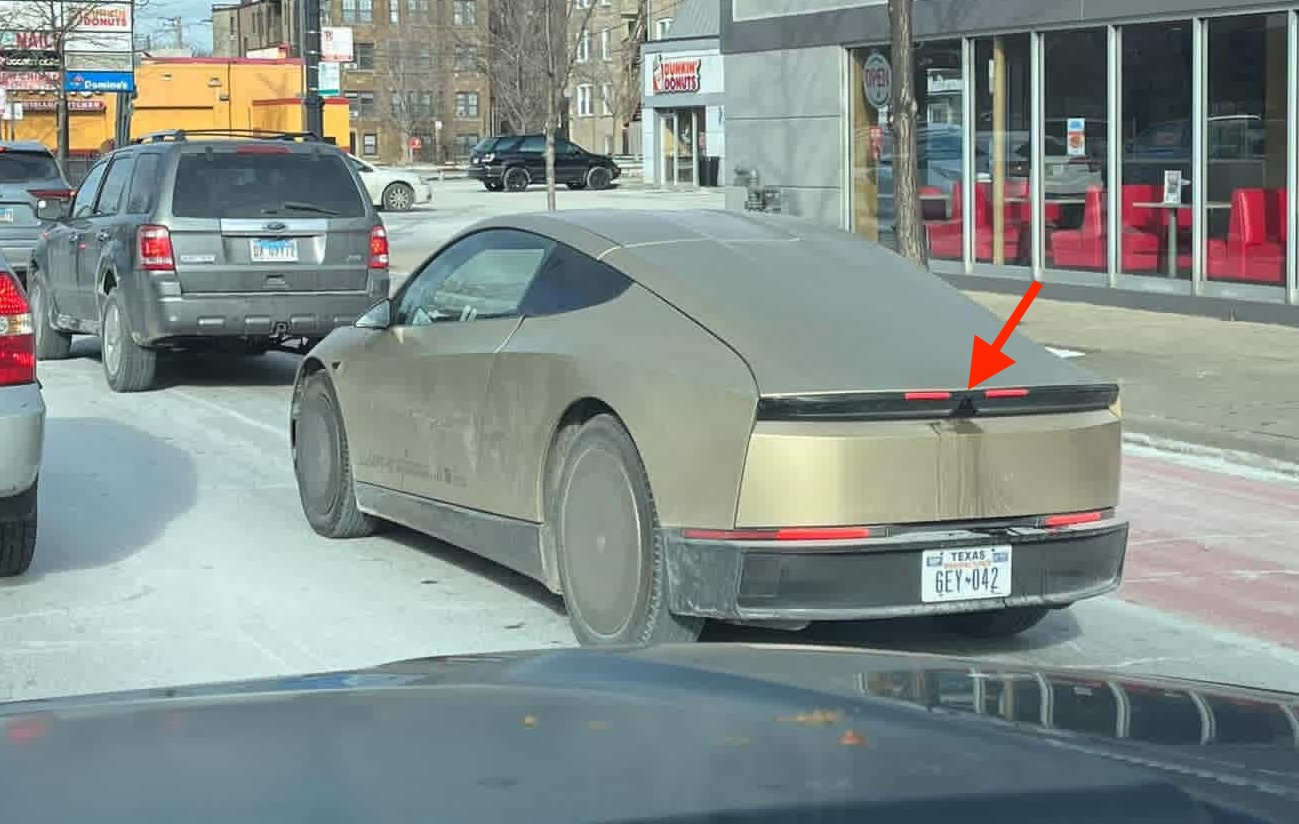
A recent sighting of Tesla’s Cybercab prototype in Chicago appears to confirm a long-requested feature for the autonomous two-seater.
The feature will likely allow the Cybercab to continue operating even in conditions when its cameras could be covered with dust, mud, or road grime.
The Cybercab’s camera washer
The Cybercab prototype in question was sighted in Chicago, and its image was shared widely on social media. While the autonomous two-seater itself was visibly dirty, its rear camera area stood out as noticeably cleaner than the rest of the car. Traces of water were also visible on the trunk. This suggested that the Cybercab is equipped with a rear camera washer.
As noted by Model Y owner and industry watcher Sawyer Merritt, a rear camera washer is a feature many Tesla owners have requested for years, particularly in snowy or wet regions where camera obstruction can affect visibility and the performance of systems like Full Self-Driving (FSD).
While only the rear camera washer was clearly visible, the sighting raises the possibility that Tesla may equip the Cybercab’s other external cameras with similar cleaning systems. Given the vehicle’s fully autonomous design, redundant visibility safeguards would be a logical inclusion.
The Cybercab in Tesla’s autonomous world
The Cybercab is Tesla’s first purpose-built autonomous ride-hailing vehicle, and it is expected to enter production later this year. The vehicle was unveiled in October 2024 at the “We, Robot” event in Los Angeles, and it is expected to be a major growth driver for Tesla as it continues its transition toward an AI- and robotics-focused company. The Cybercab will not include a steering wheel or pedals and is intended to carry one or two passengers per trip, a decision Tesla says reflects real-world ride-hailing usage data.
The Cybercab is also expected to feature in-vehicle entertainment through its center touchscreen, wireless charging, and other rider-focused amenities. Musk has also hinted that the vehicle includes far more innovation than is immediately apparent, stating on X that “there is so much to this car that is not obvious on the surface.”
News
Tesla seen as early winner as Canada reopens door to China-made EVs
Tesla had already prepared for Chinese exports to Canada in 2023 by equipping its Shanghai Gigafactory to produce a Canada-specific version of the Model Y.
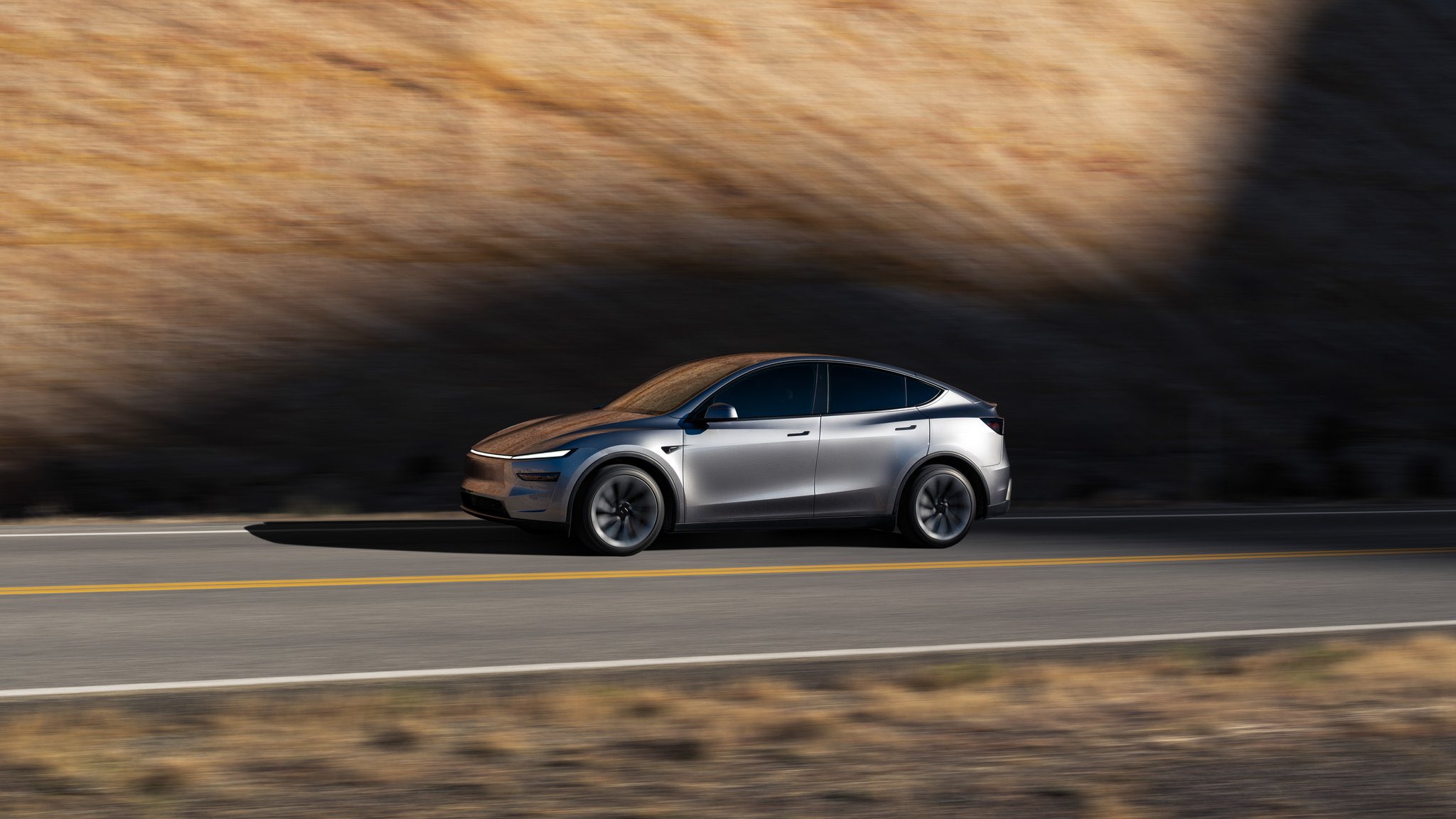
Tesla seems poised to be an early beneficiary of Canada’s decision to reopen imports of Chinese-made electric vehicles, following the removal of a 100% tariff that halted shipments last year.
Thanks to Giga Shanghai’s capability to produce Canadian-spec vehicles, it might only be a matter of time before Tesla is able to export vehicles to Canada from China once more.
Under the new U.S.–Canada trade agreement, Canada will allow up to 49,000 vehicles per year to be imported from China at a 6.1% tariff, with the quota potentially rising to 70,000 units within five years, according to Prime Minister Mark Carney.
Half of the initial quota is reserved for vehicles priced under CAD 35,000, a threshold above current Tesla models, though the electric vehicle maker could still benefit from the rule change, as noted in a Reuters report.
Tesla had already prepared for Chinese exports to Canada in 2023 by equipping its Shanghai Gigafactory to produce a Canada-specific version of the Model Y. That year, Tesla began shipping vehicles from Shanghai to Canada, contributing to a sharp 460% year-over-year increase in China-built vehicle imports through Vancouver.
When Ottawa imposed a 100% tariff in 2024, however, Tesla halted those shipments and shifted Canadian supply to its U.S. and Berlin factories. With tariffs now reduced, Tesla could quickly resume China-to-Canada exports.
Beyond manufacturing flexibility, Tesla could also benefit from its established retail presence in Canada. The automaker operates 39 stores across Canada, while Chinese brands like BYD and Nio have yet to enter the Canadian market directly. Tesla’s relatively small lineup, which is comprised of four core models plus the Cybertruck, allows it to move faster on marketing and logistics than competitors with broader portfolios.
